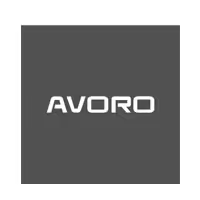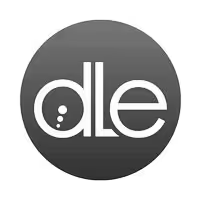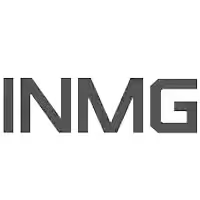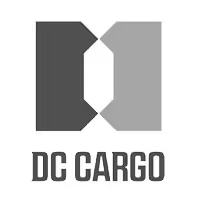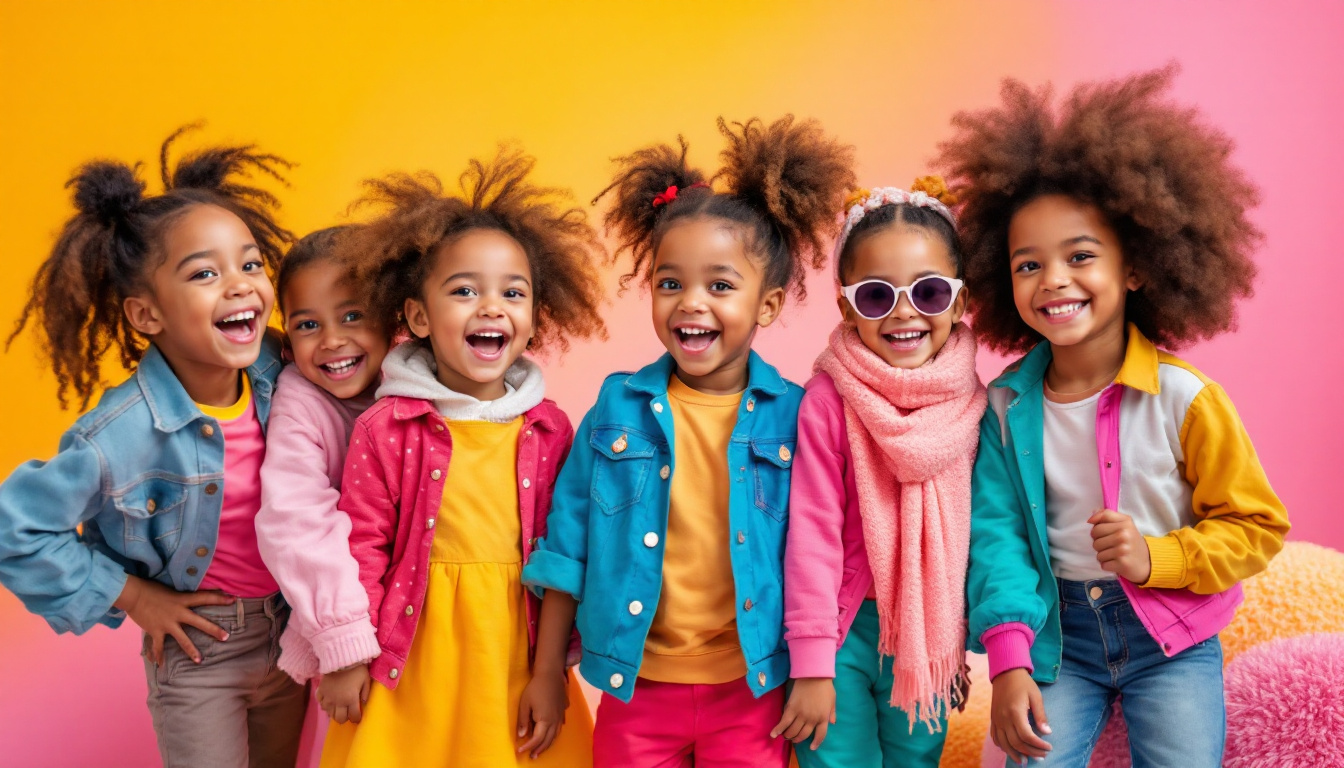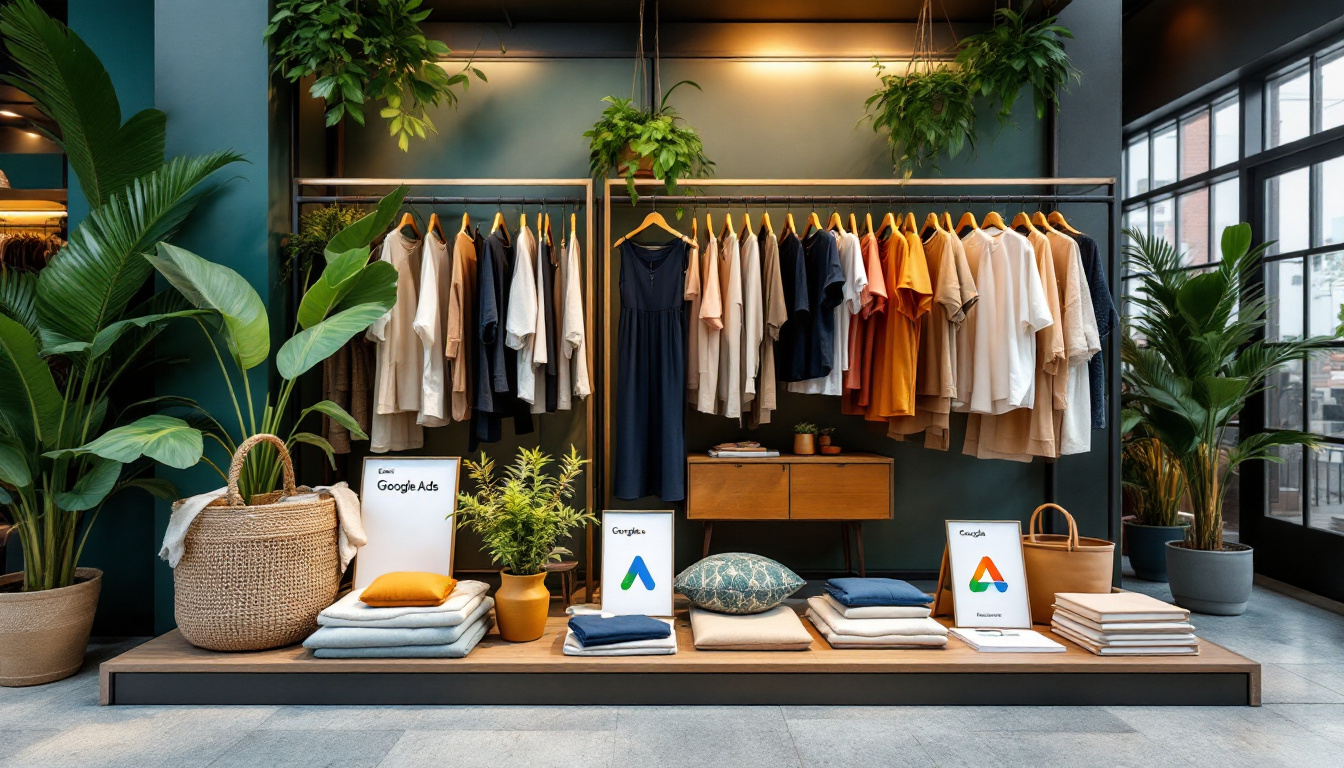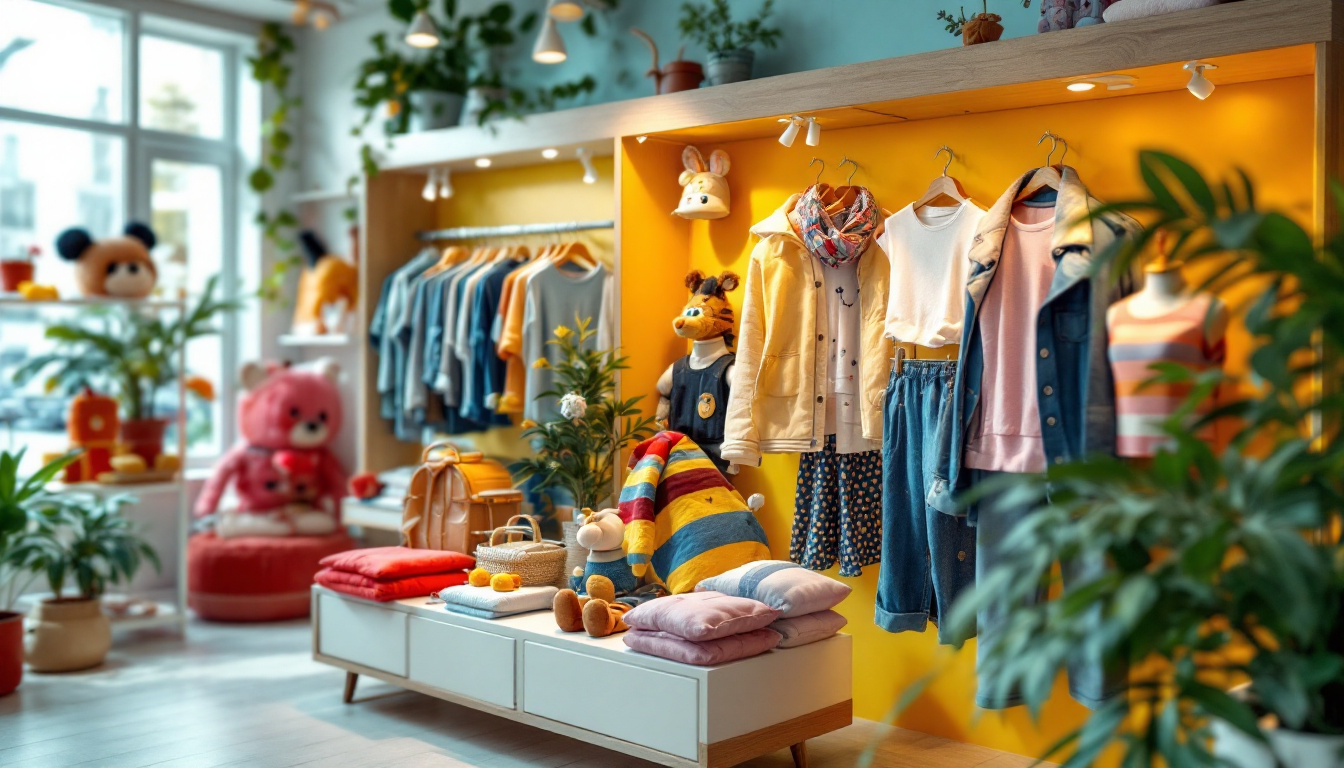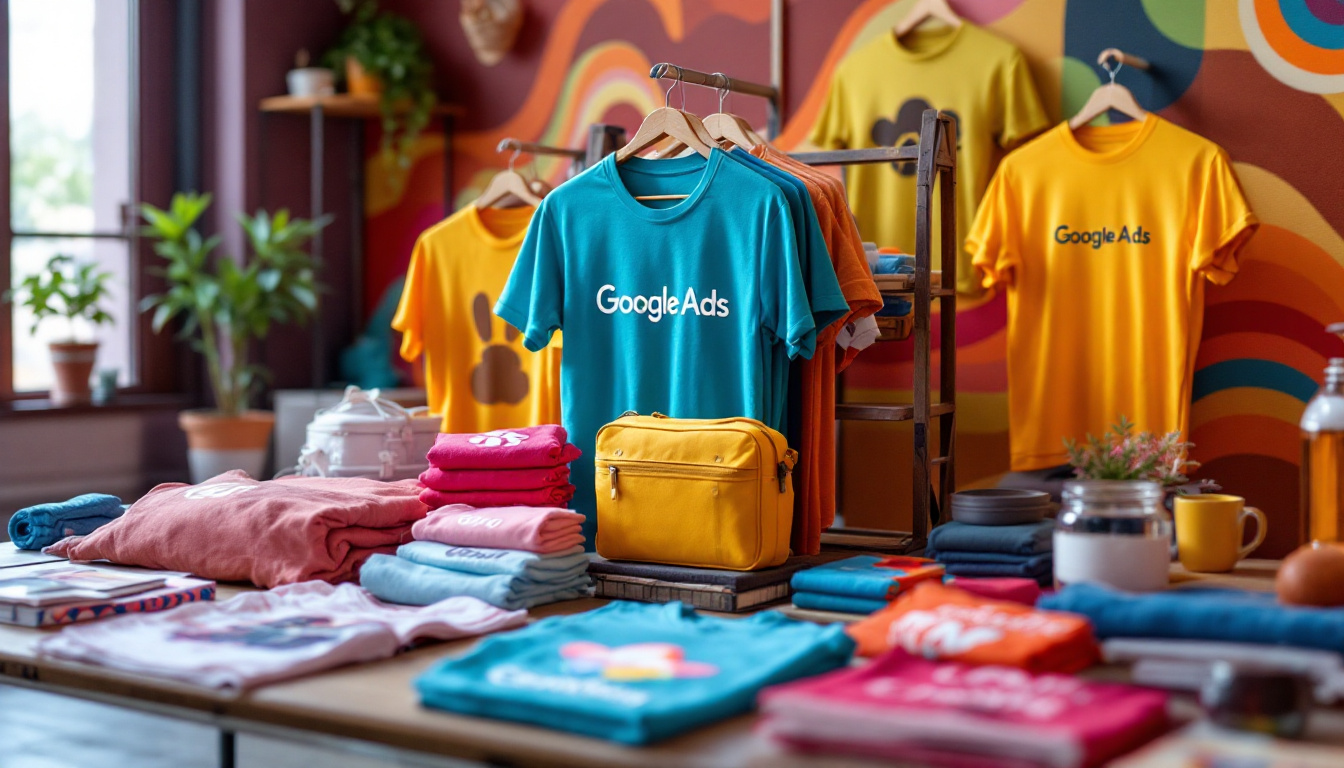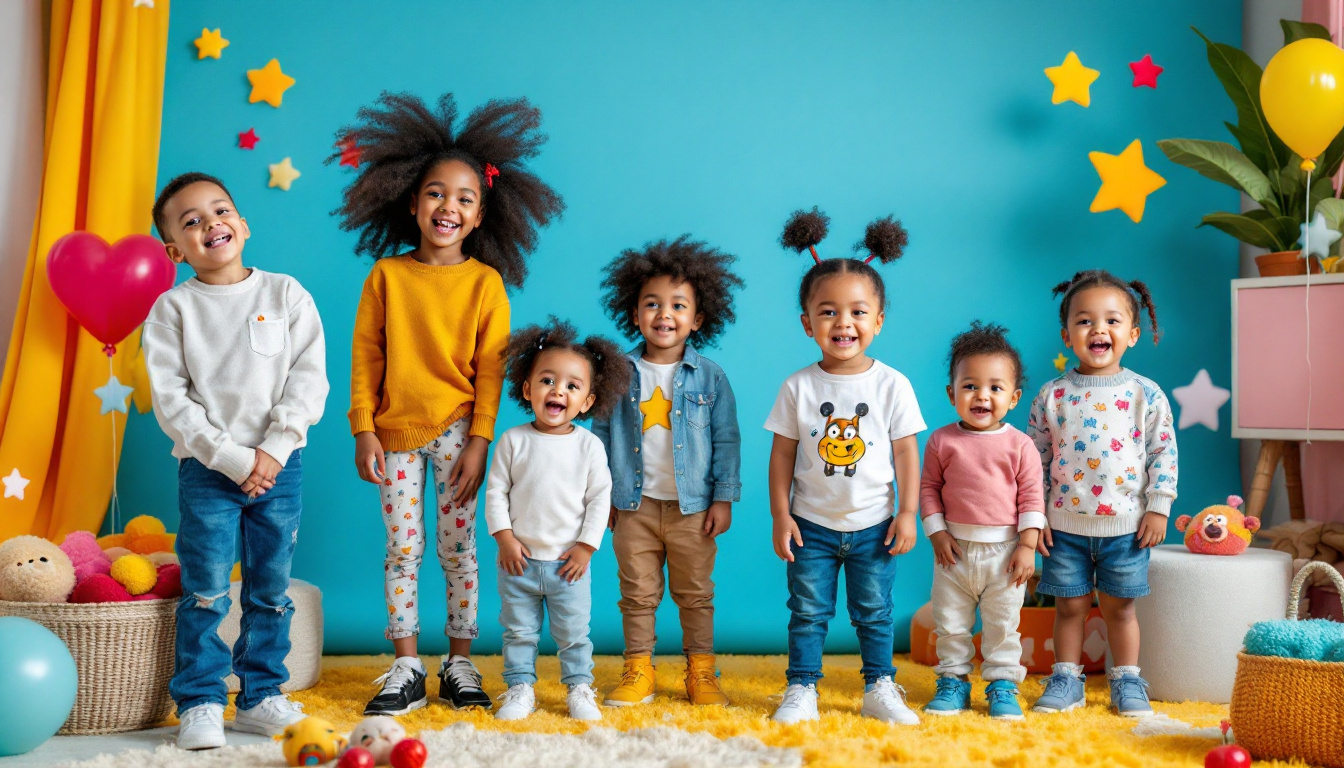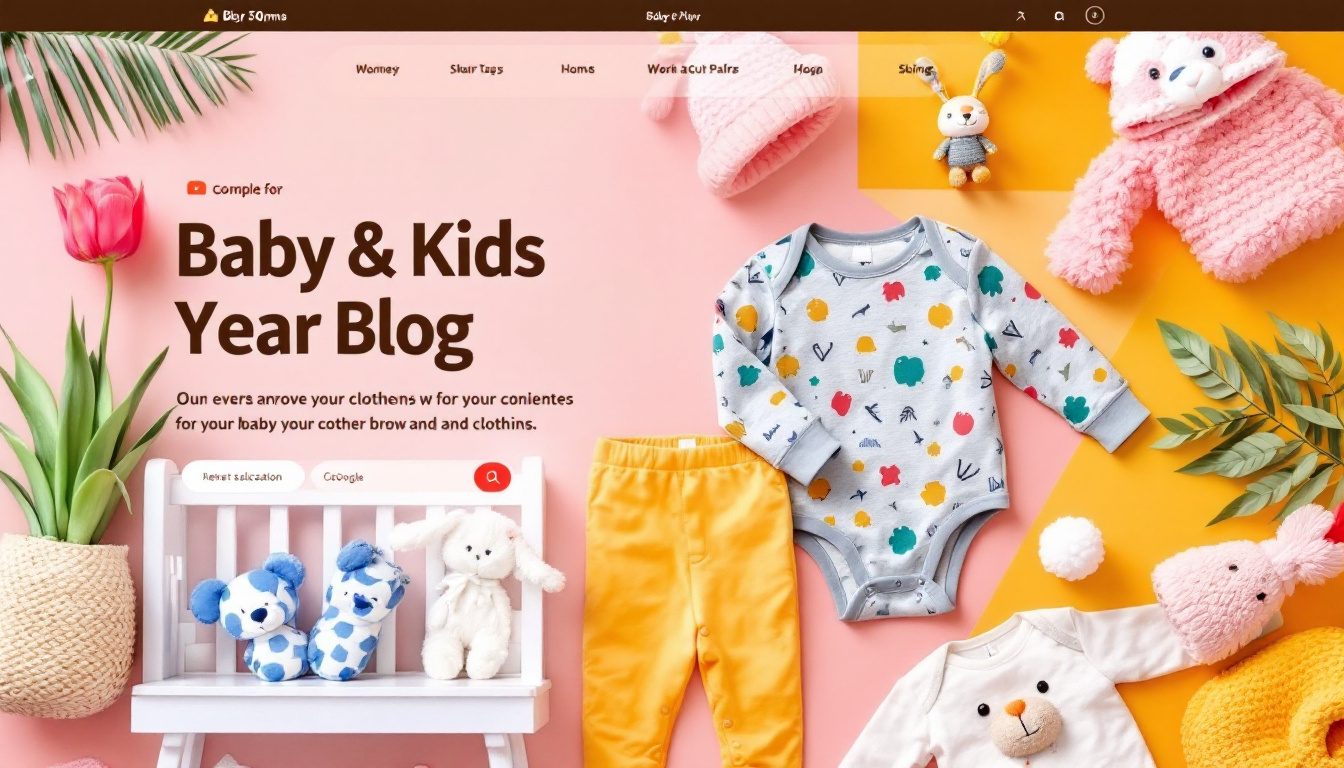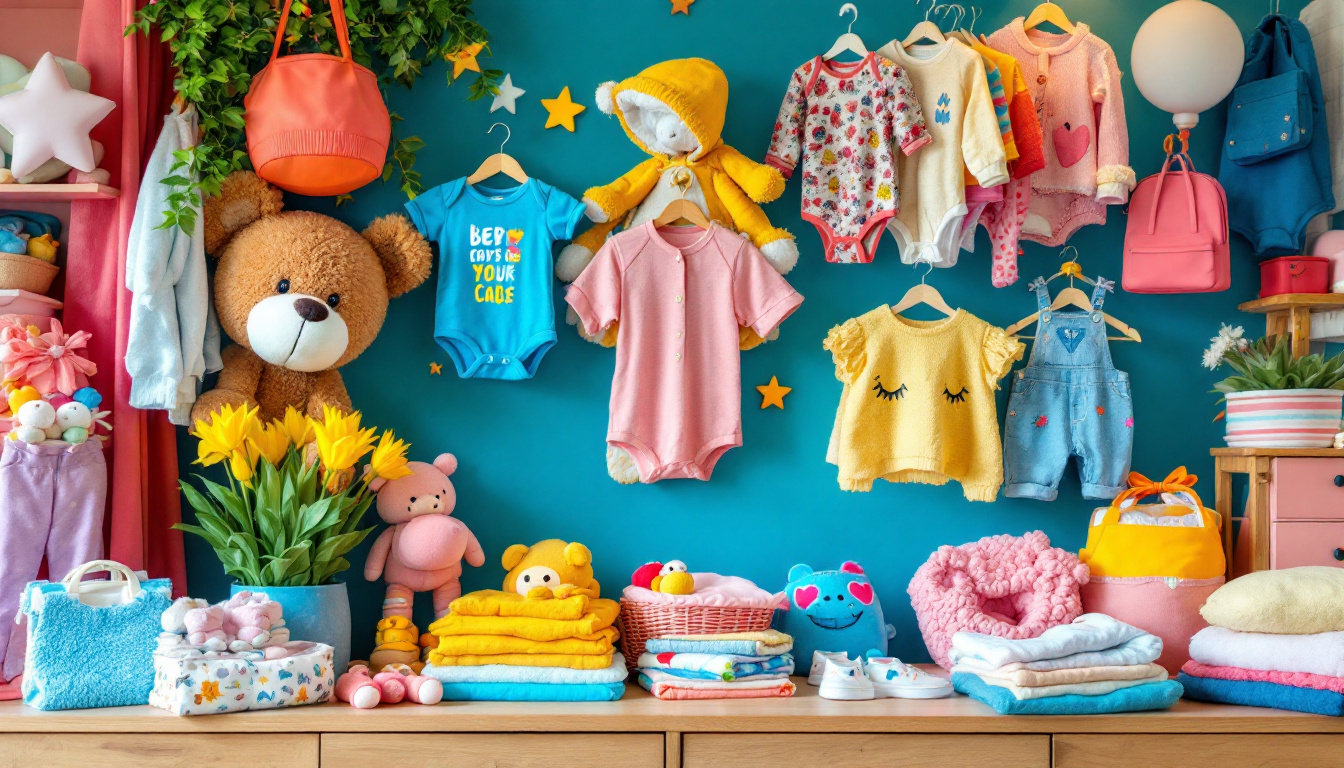Reengage Customers: Retargeting Strategies That Work for Custom T-shirts and Merchandise

In the competitive landscape of online retail, especially in niches like custom t-shirts and merchandise, effectively engaging and re-engaging customers is crucial for sustained growth and profitability. With an ever-growing catalog of products available at the click of a button, it is easy for potential buyers to lose interest or abandon their shopping carts. Retargeting strategies provide a pathway to reconnect with these individuals and nurture them back into the buying cycle. This article explores proven retargeting strategies specifically tailored for custom merchandise businesses, offering valuable insights on how to win back lost customers.
Winning Back Shoppers with Tailored Ads
One of the most effective methods for reengaging customers is through tailored advertising. By implementing personalized ad campaigns, businesses can remind lost shoppers of the unique products they expressed interest in. Tailored ads leverage data on past interactions, such as previously viewed items or abandoned shopping carts, to craft targeted messages that resonate with individual preferences. This strategy not only helps in rekindling interest but also builds a sense of familiarity and trust between the brand and the consumer, which is crucial in today’s competitive market.

Customized messages can significantly improve engagement rates. For example, if a customer previously viewed a specific custom t-shirt design but did not complete the purchase, an ad highlighting that exact product can rekindle their interest. Additionally, offering limited-time discounts or exclusive deals on these items can further entice shoppers to return. This sense of urgency can prompt quicker decision-making, as customers may feel they are missing out on a unique opportunity. Furthermore, integrating social proof, such as customer reviews or testimonials within these ads, can enhance credibility and encourage hesitant shoppers to make a purchase.
Moreover, retargeting ads can extend beyond mere product reminders. Incorporating lifestyle images or videos demonstrating the use of the merchandise can create an emotional connection. By illustrating how the product fits into the buyer's life, businesses can make the offering more appealing and relatable. This approach not only showcases the product but also tells a story, allowing potential customers to envision themselves as part of that narrative. Engaging content, such as user-generated photos or videos, can also be featured to foster a community feel, further enhancing the emotional pull of the advertisement.
Utilizing Dynamic Ads
Dynamic ads automatically adjust the content and visuals based on the user's previous interactions. This approach allows businesses to display a personalized collection of products tailored to individual shopping habits. For instance, if a customer browses a variety of items—such as hoodies, mugs, and hats—a dynamic ad can showcase those specific items, making the advertisement much more relevant and engaging. This level of personalization not only captures attention but also increases the likelihood of conversion, as customers are presented with options that align closely with their interests.
Platforms like Facebook and Google Ads provide functionalities for setting up dynamic ads effectively. By seamlessly integrating product catalogs with advertisements, businesses can optimize their campaigns and improve customer re-engagement rates. Utilizing dynamic ads not only saves time for businesses but also enhances the overall customer experience. Additionally, the ability to track and analyze the performance of these ads allows companies to refine their strategies continuously, ensuring that they remain relevant and effective in reaching their target audience. As technology evolves, the potential for even more sophisticated targeting methods will likely emerge, paving the way for even greater personalization and customer satisfaction in advertising.
Segmenting Audiences for Precision
Segmentation plays a fundamental role in the success of retargeting campaigns. By dividing customers into distinct groups based on their behavior, demographics, or preferences, companies can tailor their marketing efforts more accurately. For instance, segmenting audiences by those who have made purchases vs. those who have only browsed can determine the messaging strategy for each group. This targeted approach not only enhances customer experience but also increases the likelihood of conversion by ensuring that the right message reaches the right audience at the right time.
- Behavioral Segmentation: Identify customers who regularly abandon carts and develop specific ads recognizing their behavior. This could include reminders of the items left behind or incentives like discounts to encourage completion of the purchase.
- Demographic Segmentation: Create targeted campaigns that appeal to specific age groups or geographic locations, highlighting designs or products that resonate with those audiences. For example, a campaign aimed at millennials might focus on trendy, sustainable products, while a campaign for older demographics could emphasize quality and durability.
- Purchase History: Tailor ads based on previous purchases, showcasing related or complementary products. This strategy not only drives repeat purchases but also enhances customer loyalty by demonstrating an understanding of individual preferences.
This granular approach ensures that custom merchandise businesses maximize their marketing investments. By delivering pertinent messages to the right audience segments, companies can see a notable increase in engagement and conversion rates. Additionally, leveraging customer insights can help in predicting future buying behaviors, allowing businesses to stay one step ahead in their marketing strategies.
Re-targeting Strategies Based on Customer Behavior
Utilizing customer behavior analytics can provide rich insights for retargeting strategies. Understanding when, how often, and what customers interact with allows businesses to tailor their messaging effectively. For example, if customers frequently return to a specific product category, such as eco-friendly t-shirts, targeted ads can promote new arrivals or sold-out items that have recently restocked. This not only keeps the brand top-of-mind but also fosters a sense of urgency, encouraging quicker purchasing decisions.
Moreover, businesses can analyze which campaigns perform best for different segments and further refine their approach. By continuously testing and adjusting strategies based on customer feedback and behavior, companies can create a dynamic marketing environment that responds to consumer needs. This iterative process can include A/B testing different ad creatives or messaging styles to determine what resonates most with each audience segment. The insights gained from these tests can lead to more effective campaigns, ultimately driving higher ROI and fostering long-term customer relationships.
Achieving More Clicks with Personalization
Personalization has emerged as a central theme in customer engagement. The more personalized an experience is for the customer, the greater the likelihood they will click through to an advertised product. This becomes particularly relevant in the custom merchandise space, where consumers often seek unique and self-expressive items. In an era where consumers are inundated with choices, standing out through tailored experiences can significantly impact purchasing decisions. Brands that successfully leverage personalization not only enhance customer satisfaction but also foster a deeper emotional connection, which is crucial in building brand loyalty.

Key ingredients for effective personalization include:
- Personalized Recommendations: Use algorithm-based systems to suggest products based on the shopping history and preferences of the customer.
- Engaging Copy: Craft ad copy that speaks directly to the interests and tastes of the target audience. This can include using language that resonates with their lifestyle or hobbies.
- Seasonal Promotions: Leverage seasonality effectively by creating limited-time offers that align with events, holidays, or trends, making customers feel urgency.
Successful personalized marketing establishes a two-way relationship with customers, encouraging them to not only return to the store but to feel connected to the brand. Through personalization, custom merchandise companies can convert casual browsers into loyal advocates. Moreover, incorporating user-generated content, such as customer photos or reviews, can enhance the authenticity of the brand's messaging, making it even more relatable. When customers see real people enjoying products that reflect their own tastes, it creates a sense of community and belonging, further driving engagement and clicks.
In addition to these strategies, utilizing data analytics to track customer interactions can provide invaluable insights into preferences and behaviors. This information can be used to refine marketing tactics continuously, ensuring that the personalization efforts evolve alongside changing consumer trends. For instance, a brand might discover that certain designs are particularly popular during specific seasons, allowing them to tailor their offerings and marketing campaigns accordingly. By staying attuned to customer feedback and market dynamics, businesses can remain agile and responsive, ultimately enhancing the effectiveness of their personalized marketing efforts.
In conclusion, reengaging customers in the custom t-shirt and merchandise market requires a multifaceted approach incorporating tailored ads, audience segmentation, and personalized experiences. By employing these retargeting strategies, businesses can effectively win back shoppers and build lasting relationships with their customers. Maintaining a focus on customer behavior and preferences ultimately allows brands to navigate the competitive landscape more adeptly, leading to higher retention and increased sales.

As a Google Ads expert, I bring proven expertise in optimizing advertising campaigns to maximize ROI.
I specialize in sharing advanced strategies and targeted tips to refine Google Ads campaign management.
Committed to staying ahead of the latest trends and algorithms, I ensure that my clients receive cutting-edge solutions.
My passion for digital marketing and my ability to interpret data for strategic insights enable me to offer high-level consulting that aims to exceed expectations.
Google Partner Agency
We're a certified Google Partner Agency, which means we don’t guess — we optimize withGoogle’s full toolkit and insider support.
Your campaigns get pro-level execution, backed by real expertise (not theory).

4.9 out of 5 from 670+ reviews on Fiverr.
That’s not luck — that’s performance.
Click-driven mind
with plastic-brick obsession.
We build Google Ads campaigns with the same mindset we use to build tiny brick worlds: strategy, patience, and zero tolerance for wasted pieces.
Data is our blueprint. Growth is the only acceptable outcome.

